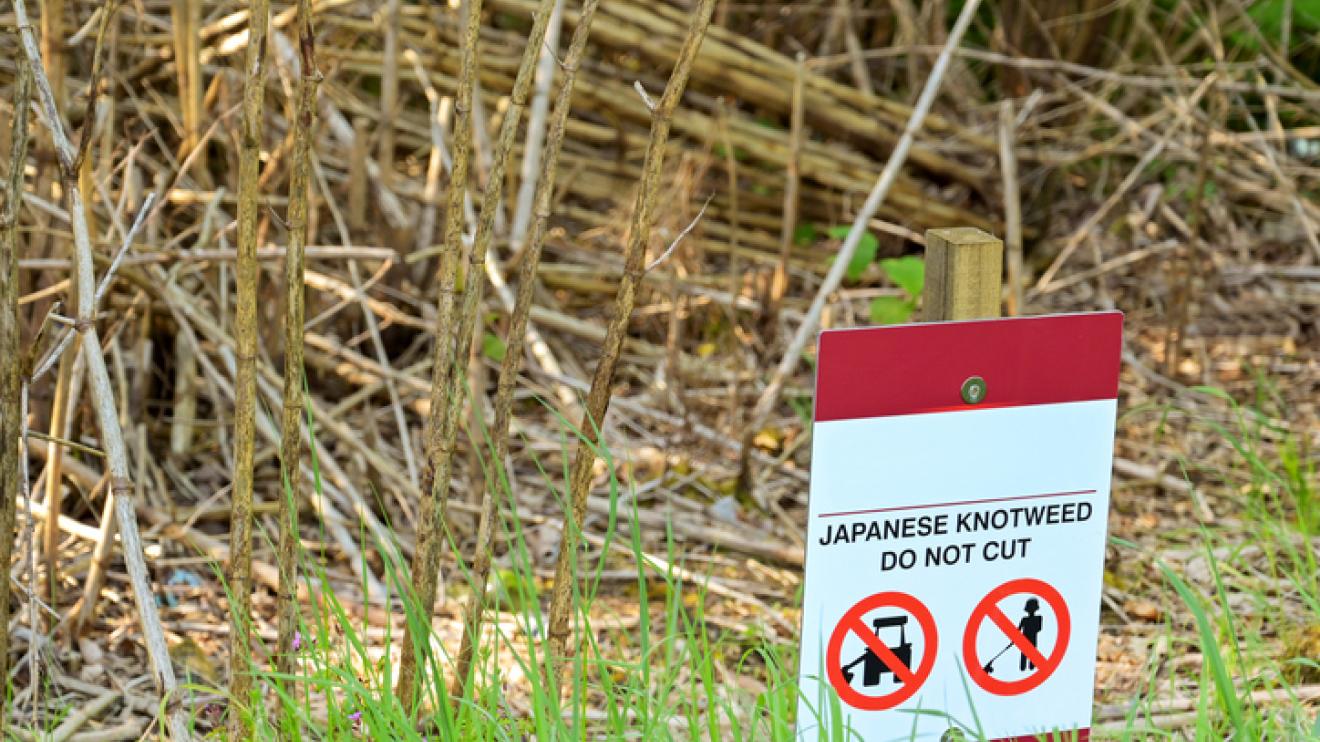
We need help to minimise the spread of harmful Invasive and Non-native Species. INNS are one of the greatest threats to biodiversity worldwide - even more than pollution!
When working or volunteering in the field, there is a risk that you could accidentally spread Invasive Non-native Species and other biosecurity threats, such as diseases, between sites on your clothing, footwear, equipment, or vehicle.
This can be as simple as taking a walk at one site, and visiting another in a different location, wearing the same walking boots without washing them down. Even if you can’t see any invasive non-native species or diseases, some can be spread from tiny fragments or invisible to the eye.
To stop the spread, biosecurity measures must be put into place. Good biosecurity doesn’t have to be complex; it can be as simple as:
-
Cleaning down your boots and vehicles after site visits.
-
Disposing of your garden waste appropriately.
-
Cleaning out fishing/pond dipping nets and equipment as appropriate.
-
Remembering to Check Clean Dry.
You may think that biosecurity doesn’t affect you, but the truth is it concerns everyone, as everyone has a role to play in protecting our environment, and never has this been needed more than it is today given the severity of global biodiversity loss and climate change.
With funding from DEFRA (Department for Environment Food and Rural Affairs) we hope to continue raising awareness about INNS and protecting native species.
To help you raise local awareness and find out more, there is a selection FREE resources available online, targeted at a wide range of audiences and organisations.
For more information about the county councils commitment and projects dedicated to tackling Invasive and Non-native Species or you can email: EnvironmentTeam@leics.gov.uk
INNS: Invasive and Non-native Species. A Non-native Species is any species that has become established outside of its normal habitat but was introduced (either accidentally or deliberately) by people.
Biodiversity: The diverse species of living things in a given area.
Biosecurity: reducing the risk of introducing or spreading invasive non-native species (and other harmful organisms such as diseases).